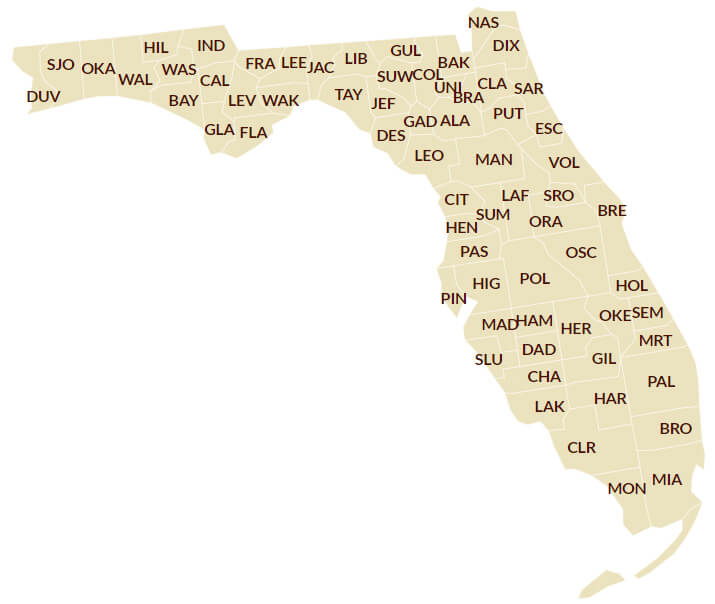The minimum standards for certification in avaiation law is found in 6-19.3 which provides:
(a) Minimum Period of Practice.
The applicant shall have been engaged in the practice of law in the United States, or engaged in the practice of United States law while in a foreign country, and shall have been a member in good standing of the bar of any state of the United States or the District of Columbia for a period of 5 years as of the date of filing an application. The years of law practice need not be consecutive.
(b) Substantial Involvement.
The applicant must demonstrate substantial involvement sufficient to show special knowledge, skills, and proficiency in the practice of aviation law during the 3 years immediately preceding the date of application. Substantial involvement is defined as including devoting at least 30 percent of one's practice to matters in which issues of aviation law are significant factors and in which the applicant had substantial and direct participation in those aviation issues.
Upon the applicant's request and the recommendation of the aviation law certification committee, the board of legal specialization and education may waive the requirement that the 3 years be "immediately preceding" the date of application if the board of legal specialization and education determines the waiver is warranted by special and compelling circumstances.
The applicant must furnish information concerning the frequency of the applicant's work and the nature of the issues involved. For the purposes of this subdivision, the "practice of law" shall be as defined in rule 6-3.5(c)(1), except that it shall also include time devoted to lecturing and/or authoring books or articles on fields of aviation law if the applicant was engaged in the practice of law during such period.
Demonstration of compliance with this requirement shall be made initially in the form of a questionnaire approved by the aviation law certification committee, but written or oral supplementation may be required.
(c) Peer Review.
The applicant shall submit the names and addresses of 5 attorneys or judges, who are neither relatives nor current associates or partners, who are familiar with the applicant's practice and who can attest to the applicant's special competence and substantial involvement in the field of aviation law, as well as the applicant's character, ethics, and reputation for professionalism.
The board of legal specialization and education and the aviation law certification committee may authorize references from persons other than attorneys in such cases as deemed appropriate. The board of legal specialization and education and the aviation law certification committee may also make such additional inquiries as deemed appropriate.
(d) Education.
The applicant shall submit the names and addresses of 3 attorneys or judges, who are neither relatives nor current associates or partners, who are familiar with the applicant's practice and who can attest to the applicant's special competence and substantial involvement in the field of aviation law, as well as the applicant's character, ethics, and reputation for professionalism.
The applicant must demonstrate that during the 3-year period immediately preceding the date of filing an application, the applicant has met the continuing legal education requirements necessary for aviation law.
The required number of hours must be established by the board of legal specialization and education and must in no event be less than 60 hours. Accreditation of educational hours is subject to policies established by the aviation law certification committee or the board of legal specialization and education.
(e) Examination.
The applicant must pass a written examination that is practical, objective, and designed to demonstrate special knowledge, skills, and proficiency in aviation law to justify the representation of special competence to the legal profession and the public.


































